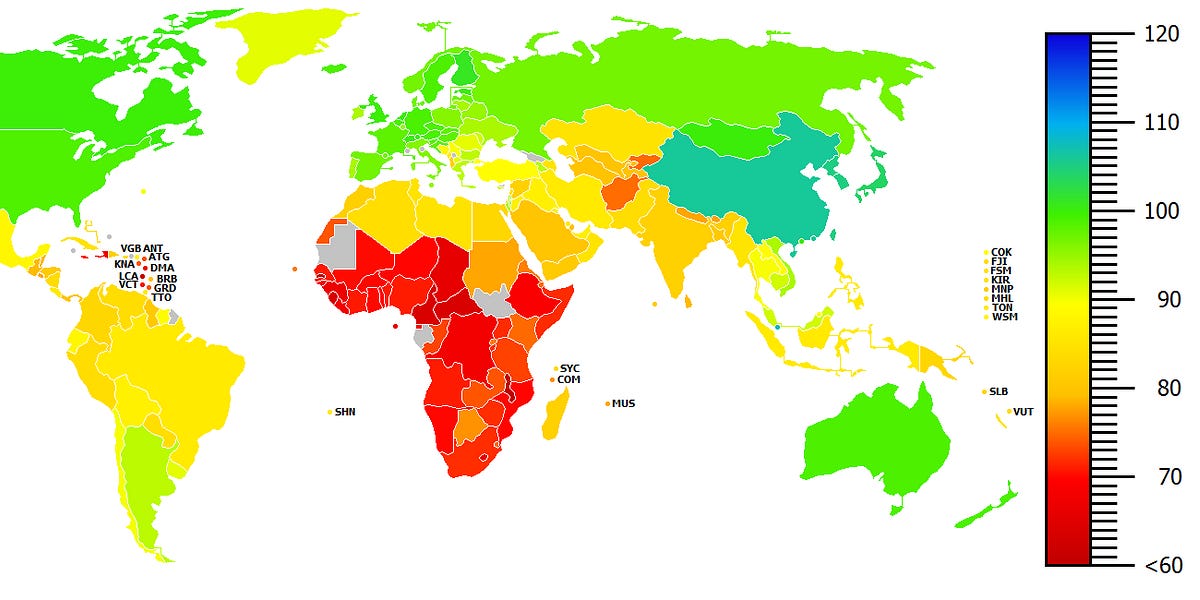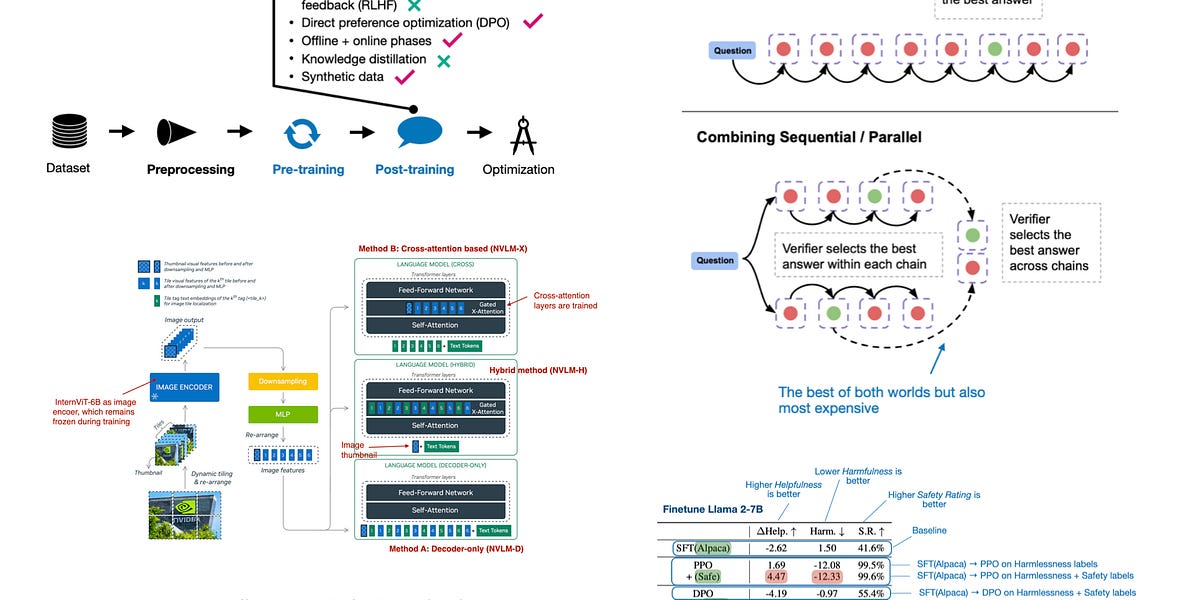
Experts Argue It’s Time for Obesity to Be Defined Beyond BMI
B ody mass index (BMI) is one of the most ubiquitous yet controversial metrics in medicine. A crude measure of weight relative to height, BMI is commonly used to diagnose obesity—even though many experts and professional groups agree it’s an imperfect tool that on its own reveals very little about someone’s health. Among other issues, BMI does not differentiate between weight from fat versus muscle and was not designed to assess a diverse array of bodies.
It’s time to do better than BMI, an international group of 58 experts from fields including obesity medicine, endocrinology, bariatric surgery, cardiovascular medicine, gastroenterology, and primary care argue in a proposal published Jan. 14 in The Lancet Diabetes & Endocrinology. In most cases, the experts write, clinicians diagnosing obesity should either augment or replace BMI readings with other body measurements, such as waist circumference, or tests that can objectively measure body fat. (Tests that precisely measure body fat are already available in some medical clinics, but they are used far less frequently than BMI because they are more costly and labor-intensive.)
The proposal also calls for dividing obesity into two categories: clinical and preclinical. Under the group’s definitions, clinical obesity is accompanied by health problems tied to excess body fat, such as impaired organ function, reduced mobility, or difficulty carrying out day-to-day activities. People with preclinical obesity, meanwhile, do not have immediate weight-related health concerns. The former constitutes an illness, while the latter is a health risk to monitor, says Dr. Francesco Rubino, chair of metabolic and bariatric surgery at King's College London and chair of the expert commission.

















/cdn.vox-cdn.com/uploads/chorus_asset/file/24102584/m365app.jpg)






